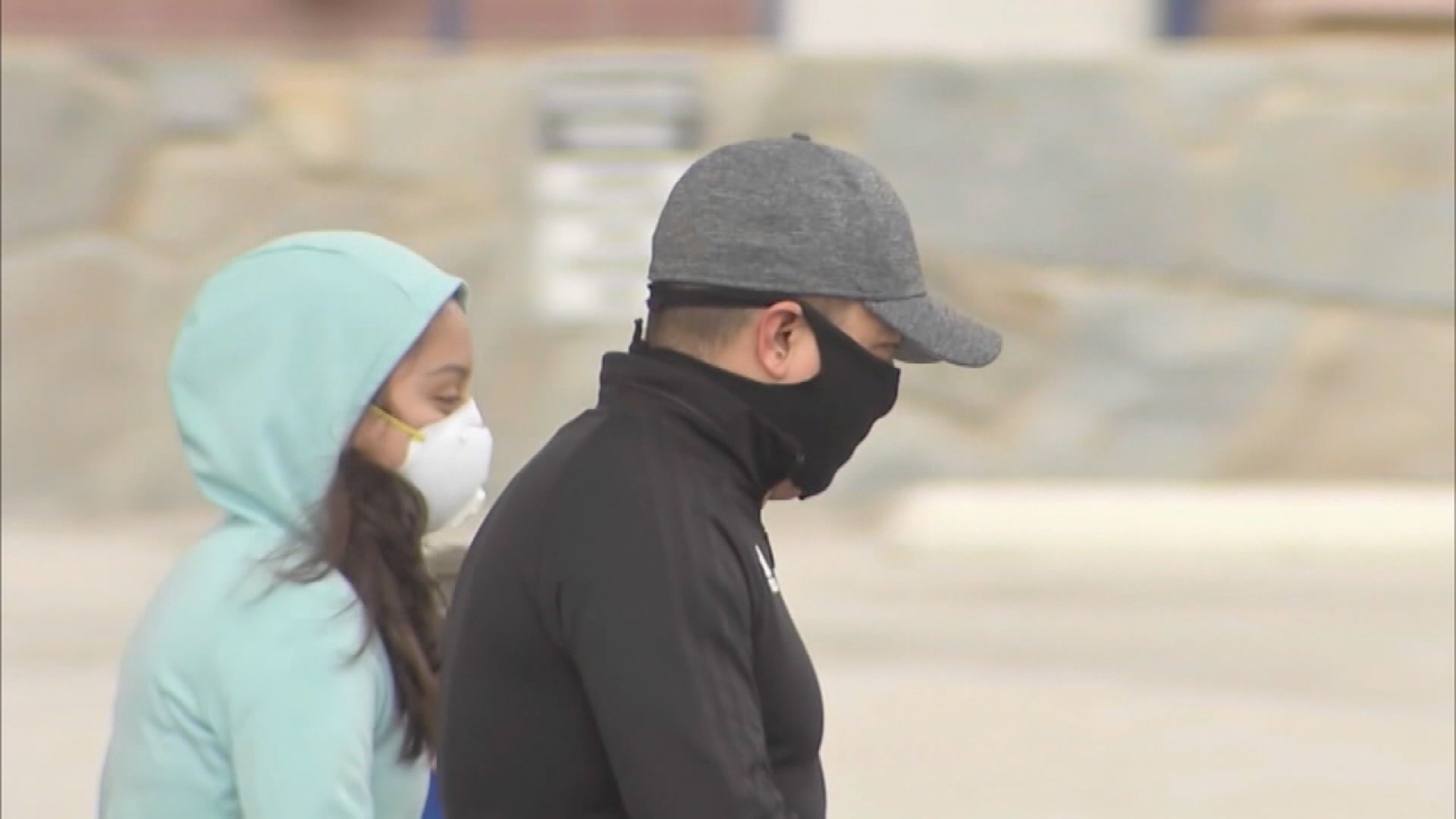MERCED, Calif — Two researchers at UC Merced wanted to understand how the local population was responding to the coronavirus pandemic and the stay-at-home orders that had just been implemented at the time. Both researchers hailed from economics backgrounds and they thought they could put their research skills to use to gain perspective on the pandemic.
Greg Wright is an associate professor and applied economist at UC Merced. Ketki Sheth is an assistant professor and a development economist, also at UC Merced.
“The specific areas of my research are international trade and immigration,” Wright explained. “And usually I do research related to the labor market impacts of those things.”
“I work in the area of health decision making,” said Sheth.
They surveyed a broad base of students to find out what would motivate them to comply with health orders.
“Specifically, we were interested in the usual suspects of what you would think would predict a response,” detailed Sheth.
The results, however, did not fall along predictable lines.
“We find that one’s tolerance for risk, one’s sense of altruism, and one’s own health risk, these things are actually not very predictive of whether or not someone in our case, our specific case, complies with the California stay-at-home order," Wright said. “The interesting thing about our research is actually that we find it’s not so important, that each of these things is not so important in the case of the COVID pandemic.”
Sheth admitted the results were surprising.
“For me, the most unexpected finding was, we really expected that those who were more likely to be severely affected by COVID-19, we thought they would obviously be the ones who are more likely to be socially distancing and taking a lot more care to make sure they don’t contract the virus,” said Sheth. “And yet, we didn’t see that relationship.”
So the question remains, what does predict compliance? Wright said many studies are pointing to two main things.
“The thing that’s coming out of this literature that seems to predict whether or not people comply is partisanship and media sources,” Wright said.
He also said their findings suggest the current findings could have a broader significance.
“You know, this has important implications in this case because it means policymakers have to be thinking about this when they’re developing policies,” Wright said.
Sheth said it may neutralize the effectiveness of the self-enforcement approach being used by many local governments.
“One of the reasons why that justifies why these public policies have this self-enforcement feel to it is to allow people to take their own decision with their own personal risk. And part of the expectation with that is usually those with the highest risk, who are going to suffer from COVID-19, are going to be the ones who just naturally be more compliant with the preventative measures such as social distancing. And yet we don’t see that.”
Continue the conversation with Mike on Facebook.

